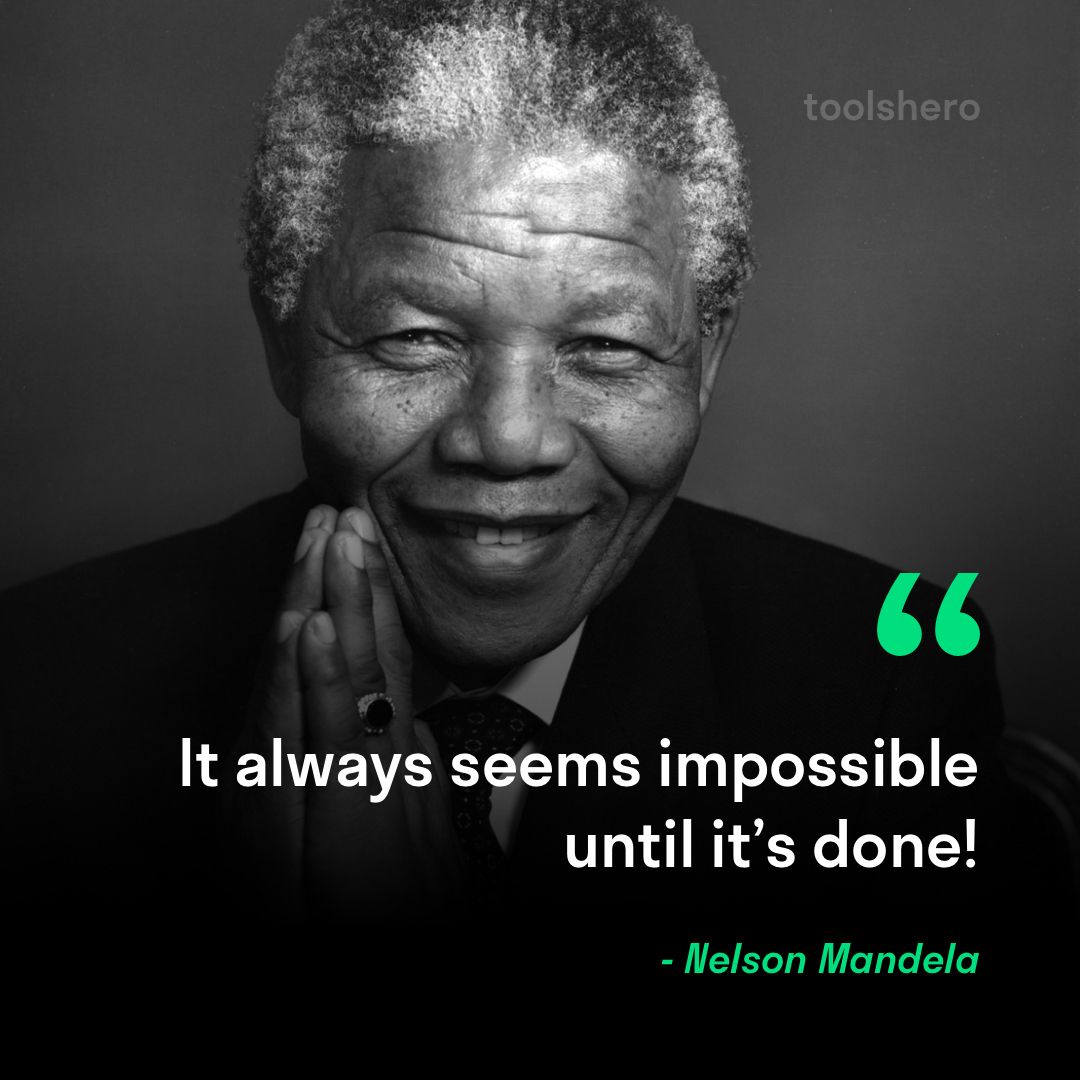25 Nov 2020
A uthors
uthors
Andreas Schädel, Véronique Dudouet, Johanna-Maria Hülzer, Carlotta Sallach
The quest for inclusive pathways for peace has become one of the cornerstones of the international peacebuilding agenda in the past few years. While there is a growing consensus that the inclusion of various constituencies and interests in conflict resolution processes is a crucial factor in building sustainable peace, there is still a great deal of confusion and disagreement on the right timing and sequencing of multiactor inclusion in peace process design in order to bring about legitimate, equitable and lasting solutions to complex protracted armed conflicts. This report contributes to this debate by conducting a comparative assessment of ‘incremental inclusion’ approaches for non-signatory armed groups and civil society actors during the negotiation and implementation of four peace/ceasefire agreements.
These agreements are:
- the Algiers Accord for Peace and Reconciliation between the government of Mali and two coalitions of (pro-state and opposition) armed groups (June 2015)
- the National Ceasefire Agreement between the government of Myanmar and eight ethnic armed organisations (October 2015)
- the Havana Peace Accord between the government of Colombia and the FARC guerrilla group (August-November 2016)
- the Kabul Agreement between the government of Afghanistan and the rebel group Hezb-i-Islami (September 2016)
All four countries have now entered a phase of codification (e.g. enshrining the signed agreements in national legislation) and implementation of the agreed commitments, and the principle of incremental inclusivity has been explored through attempts to: 1) broaden horizontal inclusivity to other armed groups (e.g. ELN in Colombia, Islamist armed groups in Mali, non-signatory ethnic armed organisations in Myanmar, and the Taliban in Afghanistan); and 2) broaden vertical inclusivity by involving civil society actors in the design of structural reforms and reconciliation mechanisms.
Source : https://berghof-foundation.org





